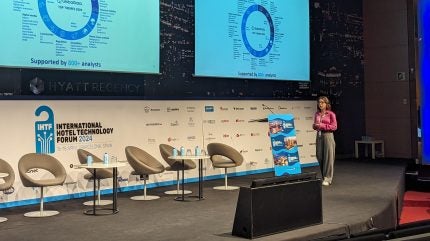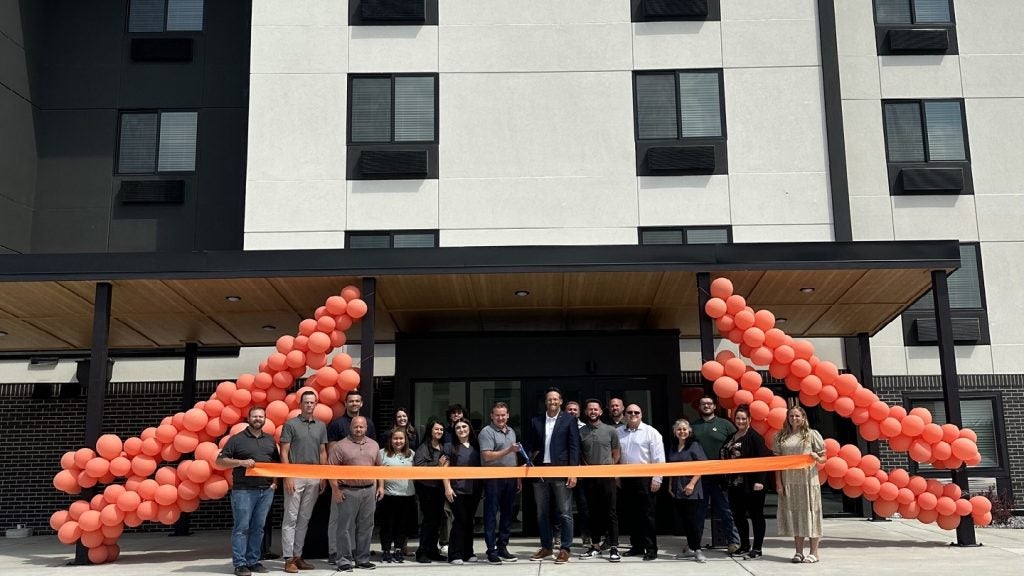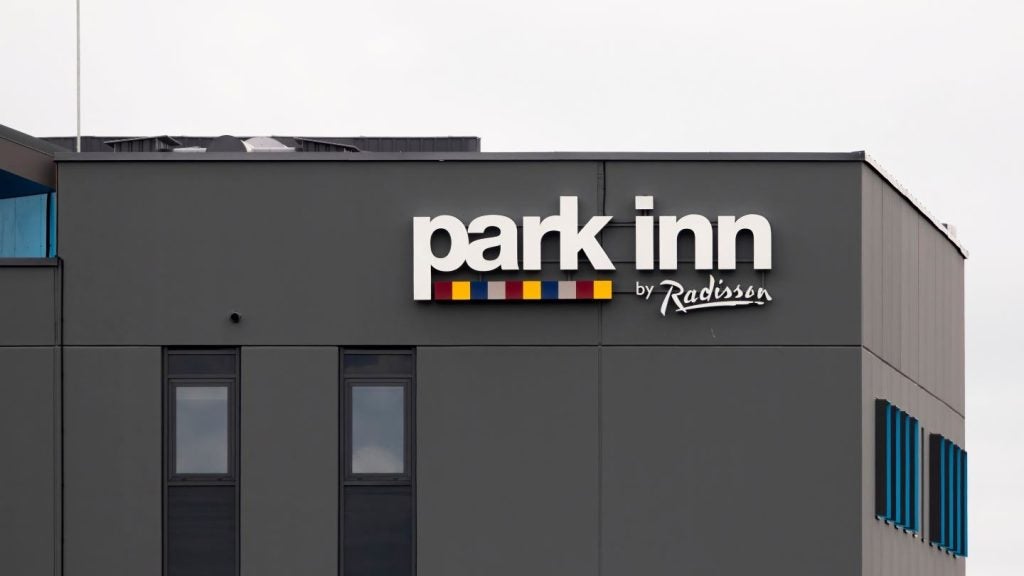
Generative artificial intelligence (GenAI) offers great potential for the hotel sector but comes with a host of potential pitfalls, according to Charlotte Newton, senior thematic analyst at GlobalData.
Newton was speaking at the International Hotel Technology Forum (IHTF) today (18 April) about GenAI and its potential for hotels.
She characterised it as “a foundational AI technology fed by machine learning algorithms to generate content. It can produce anything from text, images, audio to video, speech and software development.”
This adaptability presents a variety of possible use cases for hotels, according to Newton, who offered examples of multi-lingual chatbots for international customers, personalised travel itineraries and analysis of guests’ facilities usage.
However, she also highlighted ESG concerns associated with the technology.
“GenAI requires huge levels of computational power, which means that these large language models that are used within generative AI emit a lot of CO2 emissions,” said Newton. “In a single year, ChatGPT released 502 tonnes of emissions, so it has an environmental impact as a technology.”
How well do you really know your competitors?
Access the most comprehensive Company Profiles on the market, powered by GlobalData. Save hours of research. Gain competitive edge.

Thank you!
Your download email will arrive shortly
Not ready to buy yet? Download a free sample
We are confident about the unique quality of our Company Profiles. However, we want you to make the most beneficial decision for your business, so we offer a free sample that you can download by submitting the below form
By GlobalDataAdoption is also expensive, and costs could prove a barrier to smaller brands and independent hoteliers.
“It costs money to train staff, it costs to develop these models,” said Newton. “Large models in particular can cost over a million to produce. This will cancel out a lot of businesses from being able to use them in the first place.”
However, she was keen not to dampen the picture of GenAI for hotels, offering a myriad of potential use cases for the technology’s potential to personalise guest experiences and streamline management.
Newton pointed out that AI analysis of trends and customer preferences can enable personalised marketing, while the language capabilities and creative responses of GenAI can offer hotel guests “some of the magic of human interaction”. For example, by using a guest’s previous travel data, GenAI could develop an itinerary specific to the interests of the guest, such as food, history or leisure.
A broader offering of solutions can also improve the logistics behind the customer experience, offering a seemingly personal touch to repetitive tasks and making staff available elsewhere.
Newton explained: “AI can be used as a sort of invisible helping hand – I like to think of good AI as something that I don’t even know is there and I can almost forget that has played into my stay at all.”
“AI can free up staff time from repetitive tasks, such as booking confirmations, frequent customer queries, as well as tracking KPIs from a management perspective. It frees up more time to do more complex tasks, as well as in-person interactions, improving those customer relations.”







